Forms
Anne was committed to using paper forms… until she had no choice
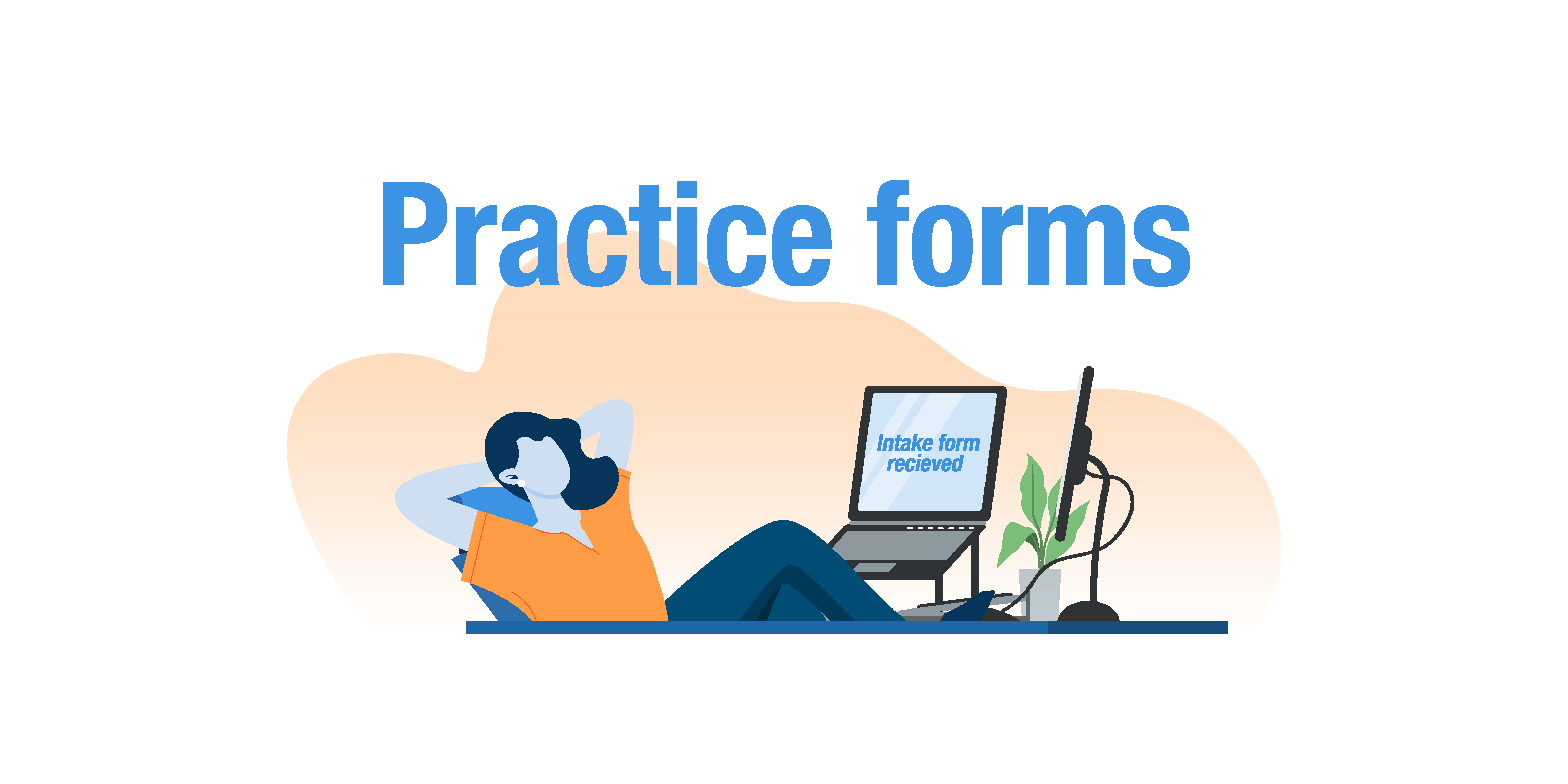
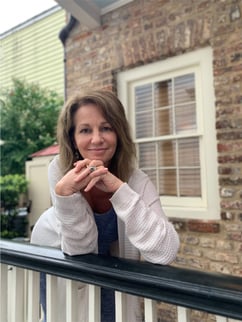 Anne McKay, LPC, has been a practicing counselor in Northern Virginia for over 20 years. When she started out, the only reliable way to collect information from clients was to use paper forms. She continued using paper forms even as new technologies became available because she was used to her system. But there were problems with using paper. They took up a lot of time…
Anne McKay, LPC, has been a practicing counselor in Northern Virginia for over 20 years. When she started out, the only reliable way to collect information from clients was to use paper forms. She continued using paper forms even as new technologies became available because she was used to her system. But there were problems with using paper. They took up a lot of time…
“Someone would come into my office, and I’d greet them and hand them paperwork to fill out. They would take 15 minutes to fill it out, and then I’d have to read the forms over – another 15 minutes. That’s a lot of time spent before the session starts.”
Inefficient use of time was just one problem with paper forms. There was also the question of how to file them so they were secure but also accessible.
“For many therapists, we don't have storage areas in our offices, so they end up in the basement. I have probably an entire wall in my home of those locked metal filing cabinets filled with client forms.”
Counselors are required to keep files for at least seven years for adult clients and even longer for children. Paper forms created a logistical nightmare. Like many counselors, Anne’s client load left her with little time for tedious administrative tasks.
“You have to keep all those records, and they have to be accessible. I hired my brilliant niece one year to alphabetize my files because I really needed them done well. If I'm subpoenaed on a case, and I can't find the consent to release information forms and all those other pieces that are really important, that’s a problem!”
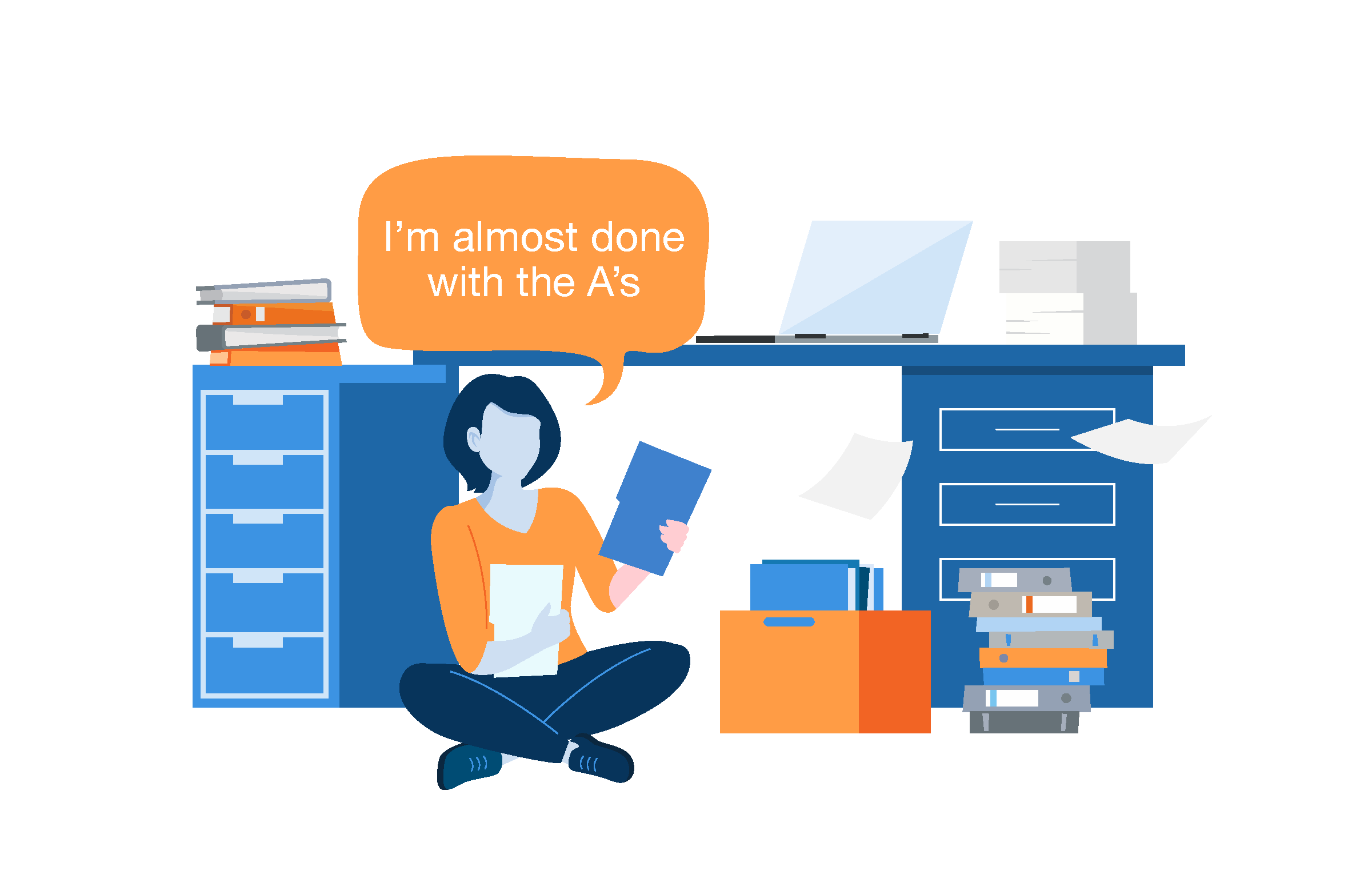
Paper forms can never be secure enough
Anne was also aware of the lack of security for paper forms. They could be locked away in filing cabinets, but how secure was that really? And what about natural disasters? Fire? Flood?
“Actually, my basement did flood! Luckily, it didn't flood in that section because the floor sloped a little, and the water ended up on the other side. If that slope hadn’t been there, a lot of those paper forms would've been destroyed – probably the M’s through Z’s on the lower shelves.”
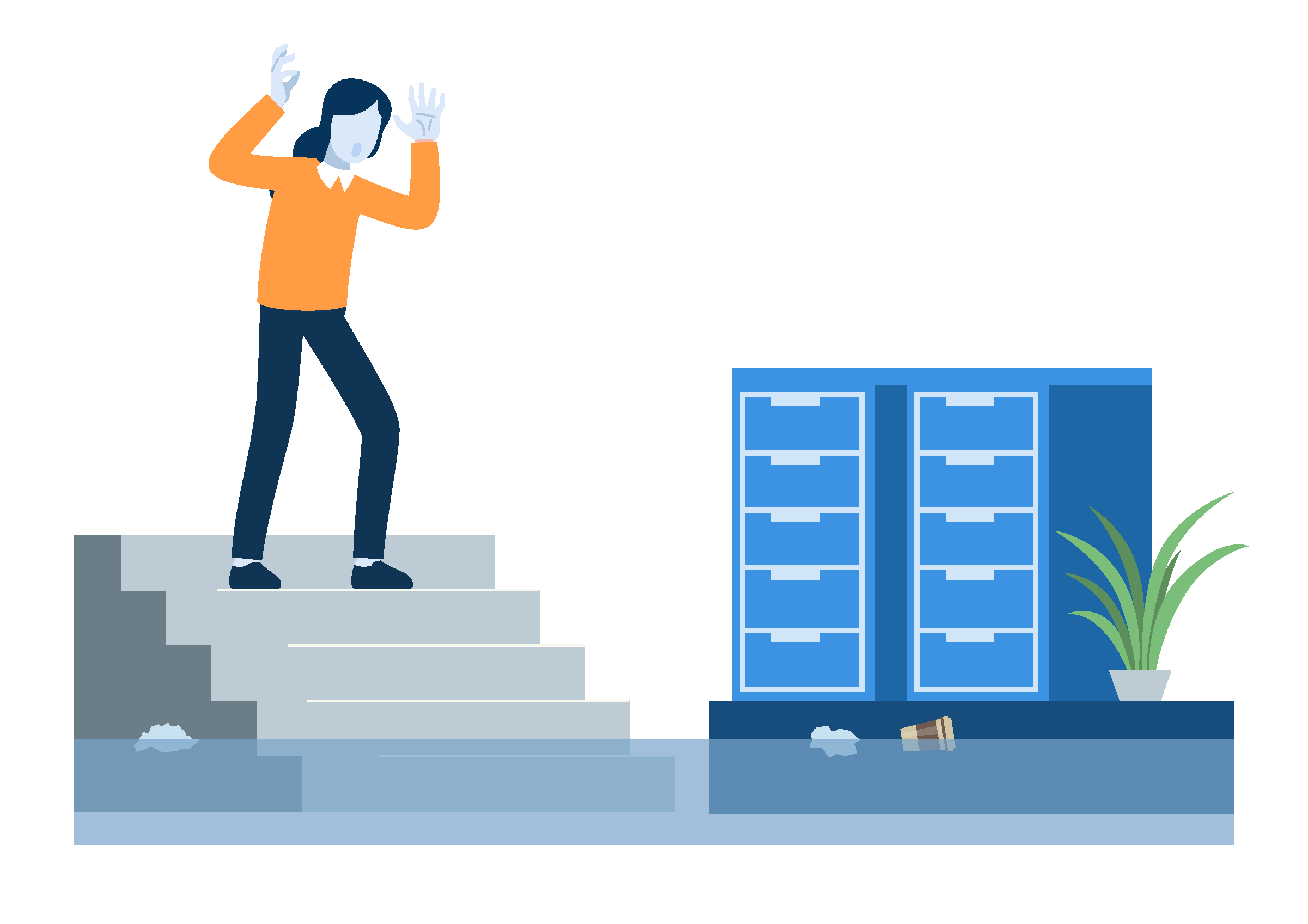
It was a close call that made Anne see just how risky it was to use paper forms.
“There wouldn't have been anything I could’ve done. These could be files of people that I treated 10 years ago. Therapists can have random requests for files that you can't anticipate. You really do have to keep your documents safe and easily accessible.”
Worries about technology and HIPAA
While the flood was an eye-opening experience, it still wasn’t enough to prompt Anne to switch to a better solution. She was used to her system and wary of new technology. Deep down, she was aware that there were solutions like online forms that could make managing her practice much easier and safer.
If she just knew how to use them…
|
Then the COVID-19 pandemic of 2020 came along and made the decision for her. Anne, who had seen her clients only in an office for her entire career, now had to see them virtually. And that meant using online forms.
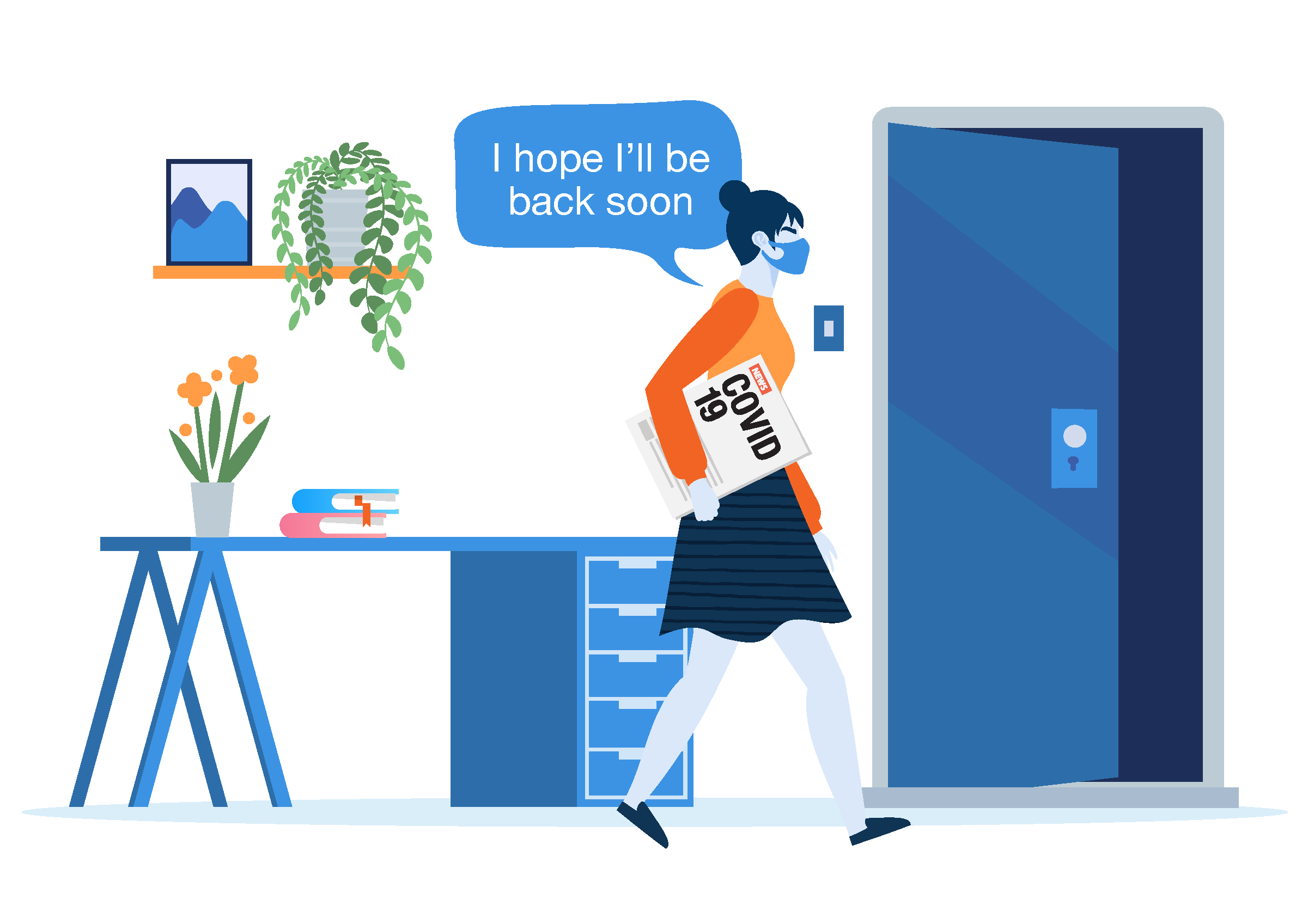
“It was very overwhelming for me to figure out how to suddenly treat virtually all the clients I’d been treating in my office. There were so many pieces involved, from doing the intake paperwork to collecting the money.”
Once hesitant to do anything online, Anne went through the huge change from a brick-and-mortar practice to a virtual one. And from paper to online forms.
From tech anxiety to tech savvy
Fortunately, Anne’s website provider, Brighter Vision, connected her with their partner Hushmail to add secure forms to her website. For Anne, that was a good place to start.
“I’m in my late 50s and generally not tech savvy. My kids tease me about it all the time. But I didn't need my kids to help me figure out how to use Hushmail. It was very easy to see all the form templates I could use. And I could customize them so they didn’t look like they were just a random form that I got from someone else. It was all easy to do. Which was a relief because it was overwhelming to have to take my entire practice into this virtual world with just a week’s notice.”
|
Anne put together a brand new system for processing her client “paper” work. She’s the first to admit that it’s much more efficient than the old one. Even today, when she’s gone back to meeting with some clients in an office setting, she still sees the benefits of online forms.
“I can walk into the waiting room or the Zoom room and say, ‘Hi there, it's really nice to meet you. I understand your background is X. These are the medications you're taking. These are the therapists you've seen. And these are the treatment approaches you've used. Here's where I feel I can be helpful to you.’ Knowing all this ahead of time gives me a really solid start with a new client.”
But what do her clients think?
One of Anne’s biggest concerns when moving to online forms was whether or not her clients’ would accept them.
“I get a lot of clients living in the pressure-cooked rat race of the D.C. area. They tend to be very cautious about transferring digital information through the digital world. And for good reason. My clients are very aware of how devastating it could be if their personal health information leaked.”
Anne didn’t worry for long. Soon after setting up an account with Hushmail, she became used to the new routine. And her clients’ responses.
“In the initial consultation, I tell them the way it works. I’ll ask for their email and let them know I’ll send them some paperwork through a resource called Hushmail. I tell them that it's HIPAA secure and that I’m happy to answer any questions they might have. And people always say, ‘Okay, that's good.’ I haven't had any pushback. I think once they go to the message center, they see that Hushmail is very serious about how they do security. To this day, I’ve never had one client question Hushmail forms.”
|
Setting herself up for a successful retirement
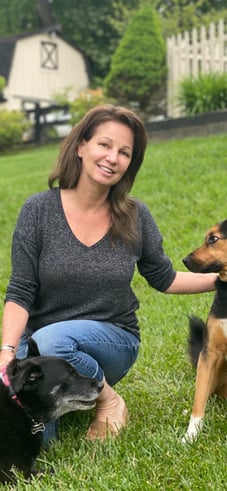 Online forms are also a way to plan for the future. Although Anne is a long way from retiring, when that day comes, she’ll have a much easier transition if her records are digitized.
Online forms are also a way to plan for the future. Although Anne is a long way from retiring, when that day comes, she’ll have a much easier transition if her records are digitized.
“You can't just retire as a therapist and say, ‘oh, well, I'm no longer a therapist.’ And all of that medical data just sits in your basement. You have to appoint someone to take control of that data for you. If a client from seven years ago wants their medical records, I am legally obligated to provide them. Or if I died, somebody else would need to provide them.”
Now that she’s using online forms, Anne can more easily plan what to do with her records in the future so she’s meeting her obligation to her clients.
“Private practice therapists aren’t at a hospital where those databases exist outside of our retirement or death. So it's really nice that all the files I’ve collected since working with Brighter Vision and Hushmail are digitized. It will be incredibly easy for me to transfer that caseload.”
‘I’ll never go back to paper forms’
With online forms, managing her practice is much easier and more efficient. And Anne’s clients have gained as well. Accepting virtual counseling and online forms has opened up options for clients who otherwise might go without care.
“People who can’t access public transportation or live in rural areas or simply aren’t able to get child care can now access a therapist online. With online forms, I can quickly get new clients into my system and start working with them. Some forms, like the PHQ-9 depression screening, can let me know very quickly if someone is at risk. This is possible with Hushmail forms.”
Overwhelmed by the business side of private practice? In this guide, therapists share 20 ways they've offloaded what drains them, to create more space for the work they love.




